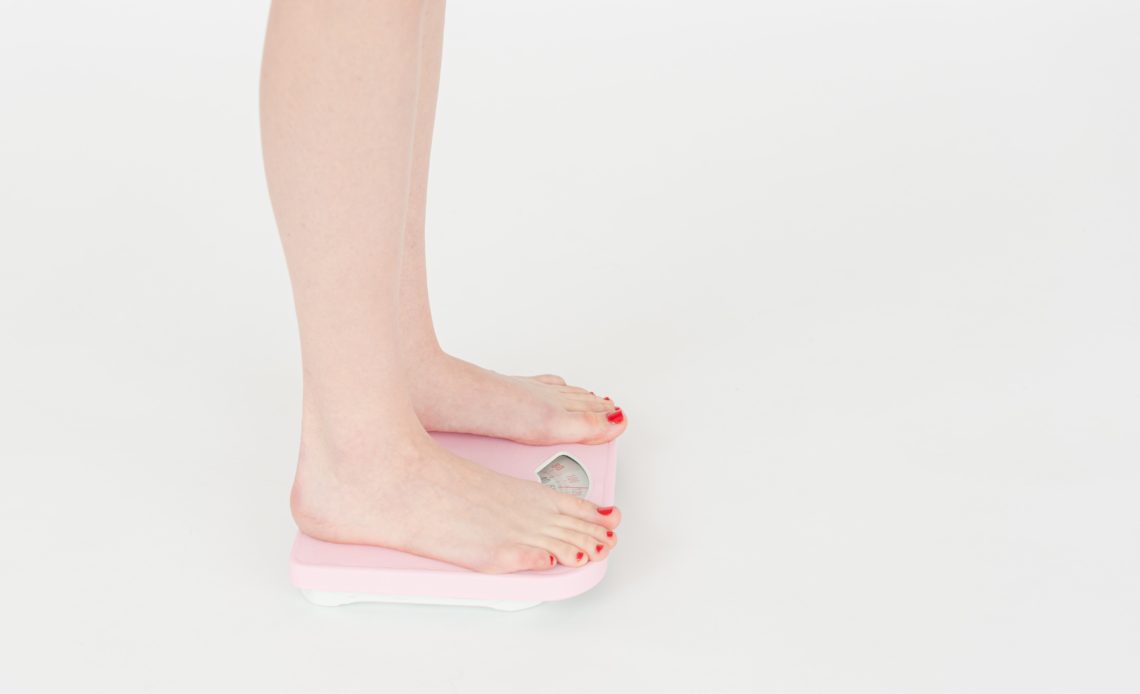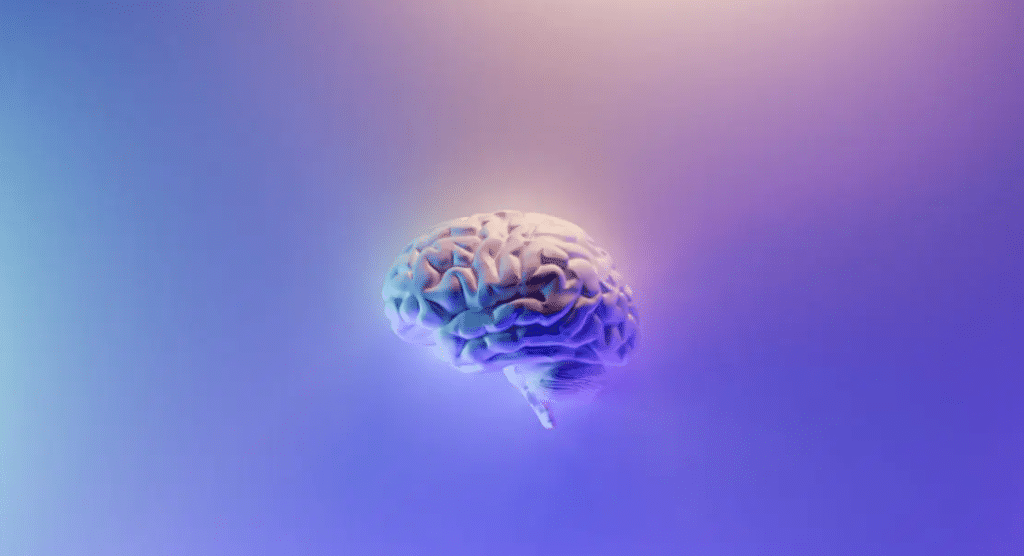
Lithium orotate is an over-the-counter supplement composed of lithium and orotic acid. It has great potential in stabilizing mood, reducing anxiety, aiding sleep, and improving other aspects of your well-being.
While several studies have linked the use of lithium orotate with weight gain, there’s a possibility that it could actually help people lose weight due to its positive impact on mental health.
Here, we discuss how this is possible and why some people may experience weight loss from using lithium orotate instead of weight gain.
Lithium Orotate And Weight Loss
Many people who struggle with anxiety, depression, and other mood disorders try to use food as a form of comfort. Emotional or stress eating can lead to significant weight gain and people with mental health issues usually find it more difficult to stay active or maintain a healthy diet.
Although lithium orotate doesn’t directly affect metabolism, it can stabilize your mood and improve mental health which in turn can reduce emotional eating and provide more motivation to eat healthily and exercise, resulting in weight loss.
Here is what science has to say about the connection between weight gain and mental health disorders.
The Connection Between Weight Gain And Mental Health Disorders
Many people who struggle with depression are overweight or obese. Although some studies have tried to detect genetic factors between depression and weight gain, it has been observed that the major contributors to having a higher fat mass in these individuals are a sedentary lifestyle and poor eating habits.
Another study examining the mechanisms behind weight gain in patients with depression found emotional eating to be the main factor for weight gain. Other studies in young adults have confirmed that emotional eating is a major cause of higher body mass index (BMI) in depressed individuals. To make things worse, weight gain also increases the risks of type 2 diabetes and other obesity-related conditions.
Other studies suggest that anxiety may be linked with weight gain as well. However, a systematic review of the connection between stress, anxiety, and weight gain showed mixed results, which is why we need more studies with longer duration and more participants.
The Use Of Lithium Orotate For Mental Health Disorders
Lithium carbonate has been used in the treatment of bipolar disorder, but scientists have lately wondered whether lithium orotate may be a better option. This supplement can help manage manic and depressive episodes in people with bipolar disorder and it can cross the blood-brain barrier more easily which would require a lower dosage.
Taking lithium orotate can help people feel calmer, be less impulsive, experience fewer depressive symptoms, reduce aggression, and have rarer and less intense suicidal thoughts. That’s why studies have revealed that there’s major potential for lithium’s role in managing the symptoms of obsessive-compulsive disorder and attention deficit hyperactivity disorder.
Lithium is also a safe and effective treatment option for people with depressive disorders, especially those at high suicidal risk. Research shows a great potential of lithium for depression treatment that’s comparable to the effects of antidepressants.
How Lithium Orotate May Promote Weight Loss
After reviewing the research above, we can clearly see how lithium orotate may improve symptoms of depression, anxiety, bipolar disorder, and other mental health conditions. As such, there’s a high probability that its use would be associated with a major reduction in emotional eating, which is a primary reason behind weight gain.
Lithium orotate may also improve overall mood and make it easier for people who have struggled with depression in the past to stay active and exercise regularly.
Thus, by improving your mental health and reducing the urge to partake in emotional eating, lithium orotate has the potential to promote weight loss.
Low-Dose Lithium And Weight Loss
The majority of supplements on the market contain 26-131 mg of lithium orotate. That’s 1-5 mg of pure lithium, which is the sweet spot to experience all mental health benefits without any adverse effects of lithium toxicity.
Your typical lithium orotate supplement comes in a capsule form and contains 120 mg or 131 mg of lithium orotate, or 4.6 mg to 5 mg of elemental lithium. Most brands recommend taking one capsule per day, which should stabilize your mood, decrease depressive symptoms, and minimize emotional eating.
That should help you lose weight, but remember that you have to commit to eating healthy and being active for the best results.
Looking To Buy? Read Our Review Of The Best Lithium Orotate Supplements.

Studies You Can Read About
- Long-term, low-dose lithium treatment does not impair renal function in the elderly: a 2-year randomized, placebo-controlled trial followed by single-blind extension (The Journal of clinical psychiatry, 2014)
- An Overview of Links Between Obesity and Mental Health (Current obesity reports, 2015)
- Depression Can Beget Obesity Can Beget Depression (The Journal of clinical psychiatry, 2015)
- Weight changes in Portuguese patients with depression: which factors are involved? (Nutrition journal, 2014)
- Emotional eating as a mediator between depression and weight gain (Appetite, 2016)
- Relationship among obesity, depression, and emotional eating in young adults (Appetite, 2016)
- Depression, emotional eating and long-term weight changes: a population-based prospective study (International Journal of Behavioral Nutrition and Physical Activity, 2019)
- Depression-related weight change and incident diabetes in a community sample (Scientific reports, 2021)
- Associations between Anxiety, Depression, Antidepressant Medication, Obesity and Weight Gain among Canadian Women (PloS one, 2014)
- Stress, Anxiety, and Weight Gain among University and College Students: A Systematic Review (Journal of the Academy of Nutrition and Dietetics, 2018)
- Changes in Weight and Nutritional Habits in Adults with Obesity during the “Lockdown” Period Caused by the COVID-19 Virus Emergency (Nutrients, 2020)
- Medication-free Alternatives for Long-term Maintenance of Bipolar Disorder: A Case Series (Global advances in health and medicine, 2015)
- Lithium orotate: A superior option for lithium therapy? (Brain and Behavior, 2021)
- Is there a role for lithium orotate in psychiatry? (Australian & New Zealand Journal of Psychiatry, 2018)
- Lithium: a potential therapeutic strategy in obsessive–compulsive disorder by targeting the canonical WNT/β pathway (Translational Psychiatry, 2021)
- A randomized, double-blind, crossover study of methylphenidate and lithium in adults with attention-deficit/hyperactivity disorder: preliminary findings (The Journal of neuropsychiatry and clinical neurosciences, 2002)
- Lithium in the episode and suicide prophylaxis and in augmenting strategies in patients with unipolar depression (International journal of bipolar disorders, 2017)
- Lithium versus antidepressants in the long-term treatment of unipolar affective disorder (Cochrane Database of Systematic Reviews, 2006)
Editor’s note: we are regularly updating this review. If you see any problems, weird interpretations of the data, or just want to say hi, please reach out to hello@the-unwinder.com.
Photo by SHVETS production from Pexels
